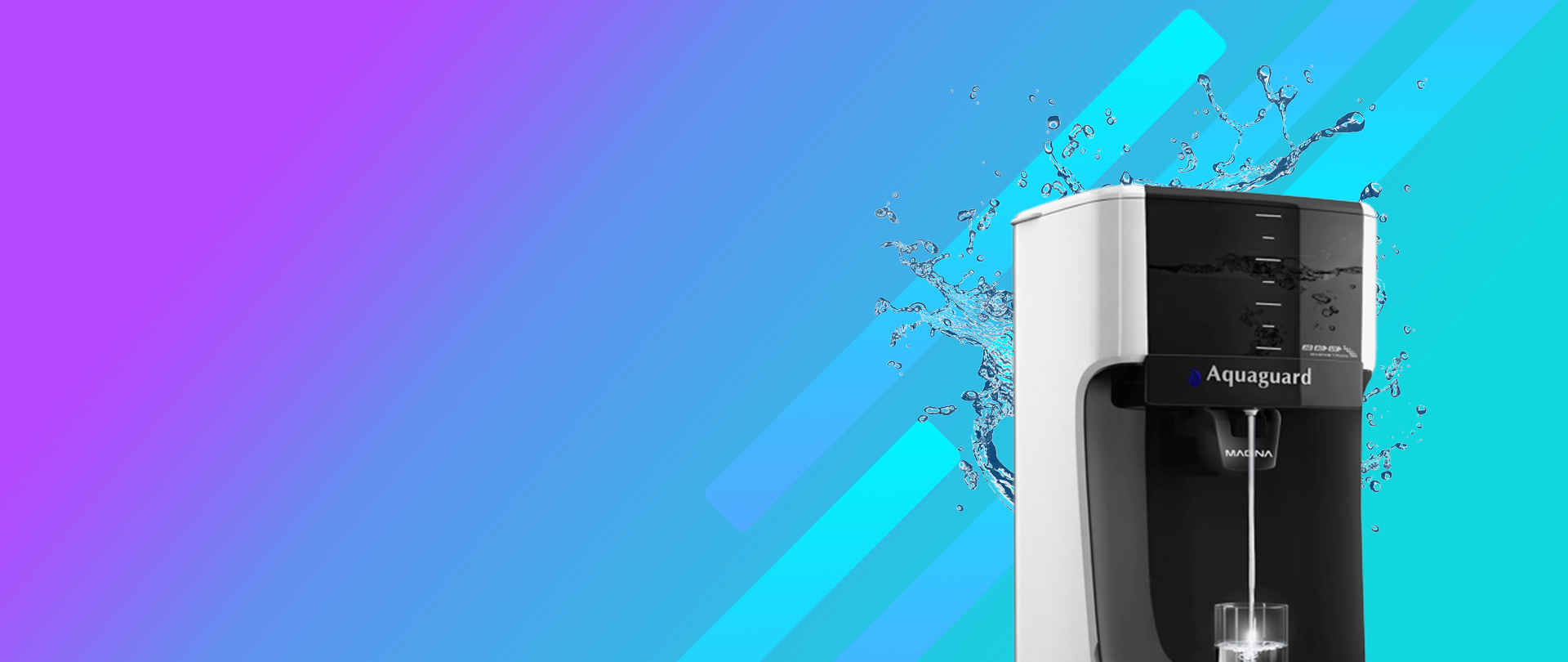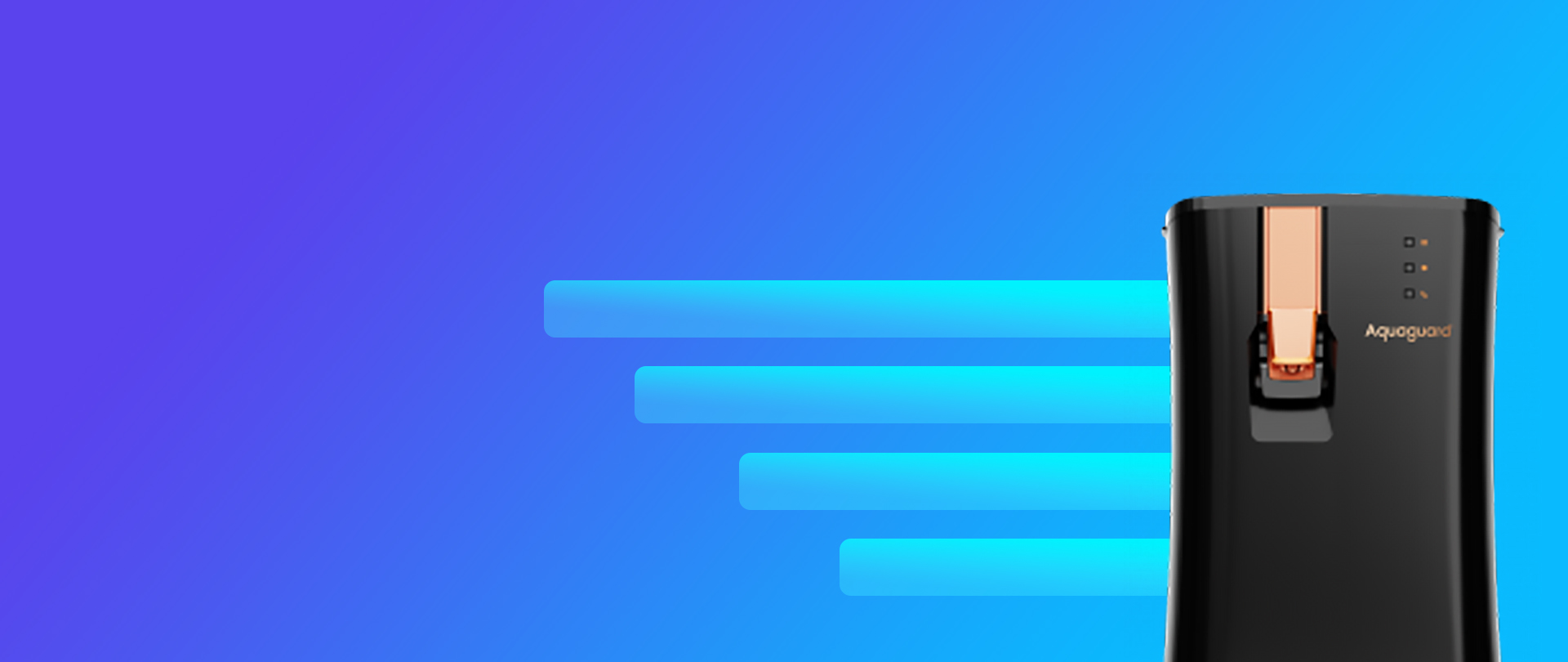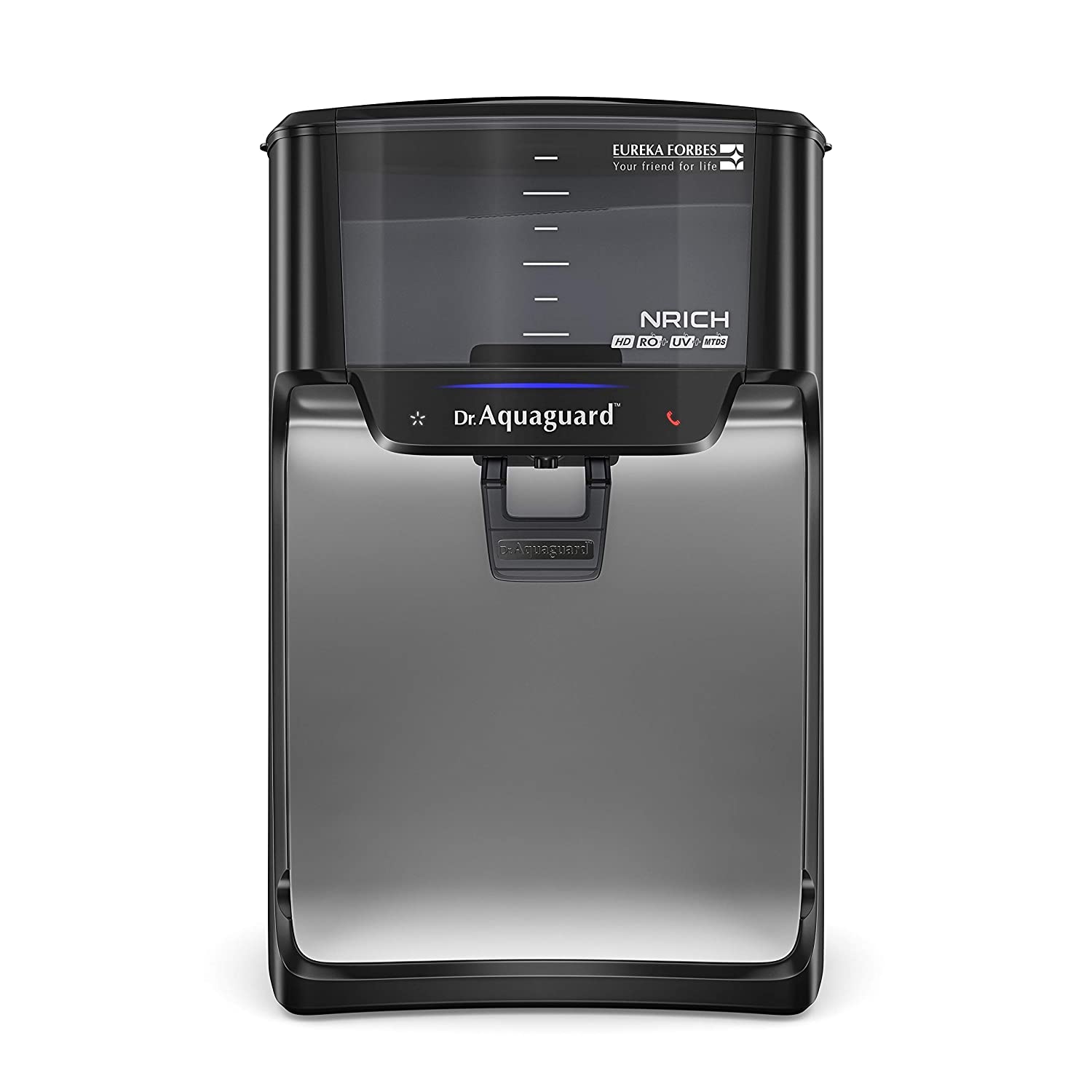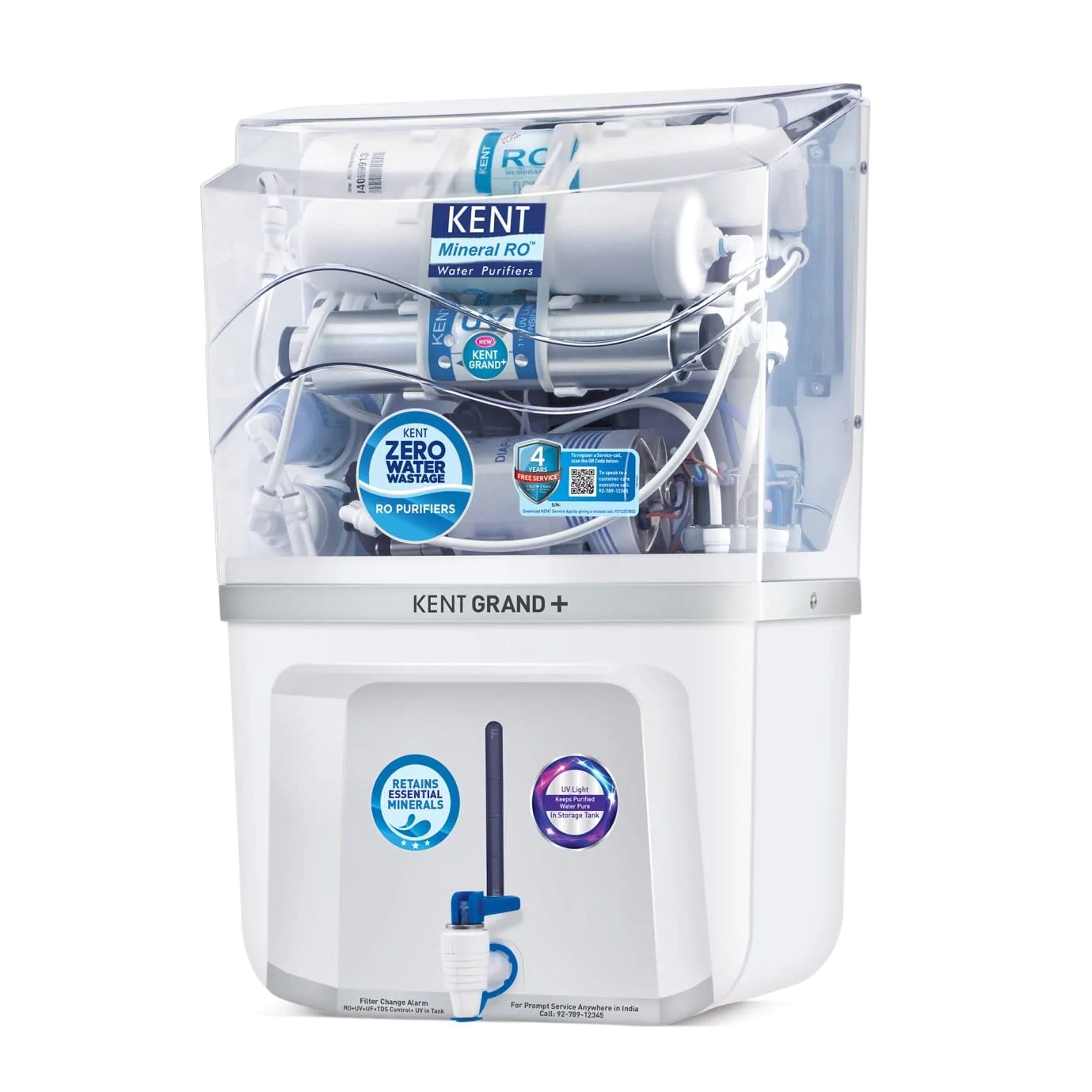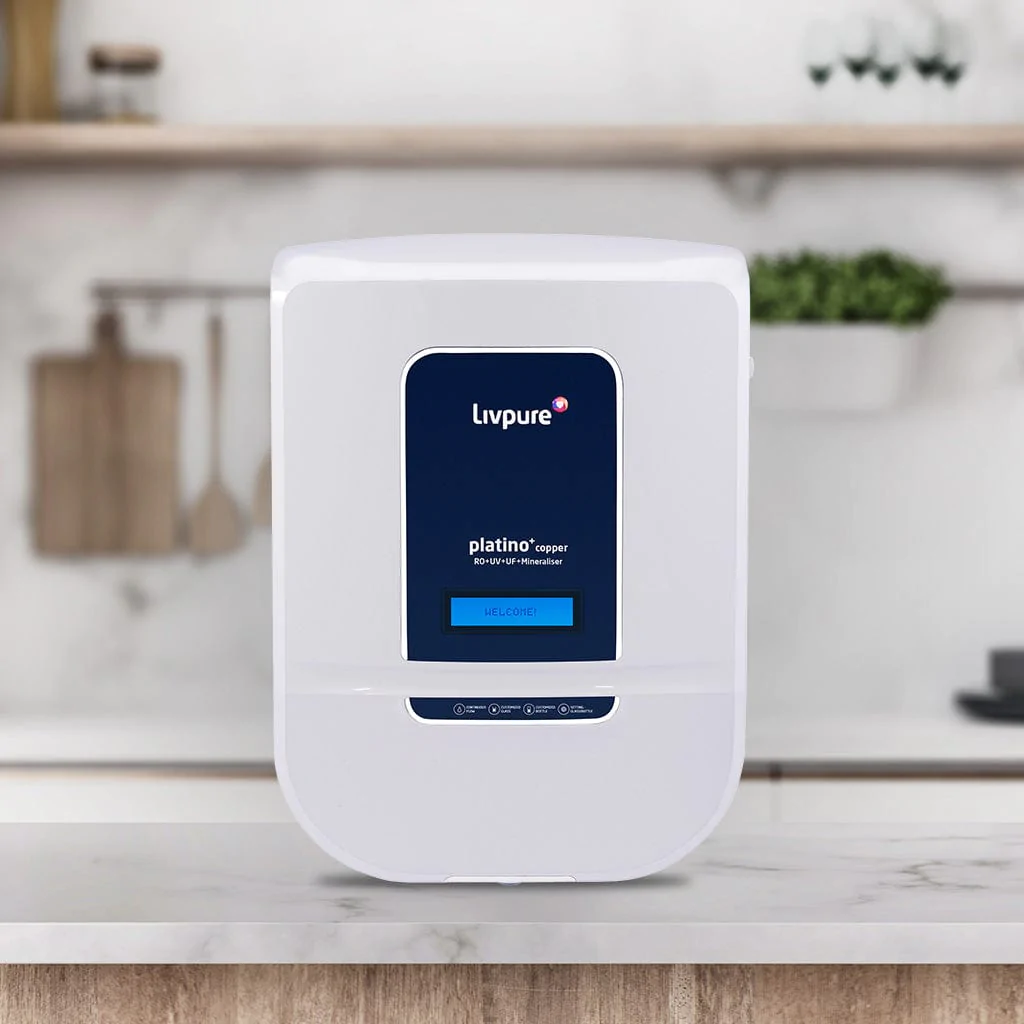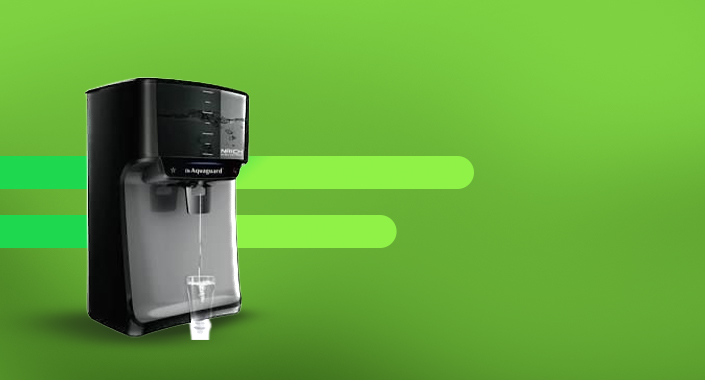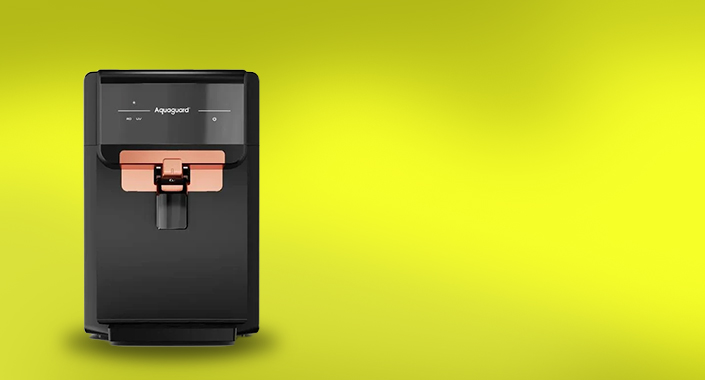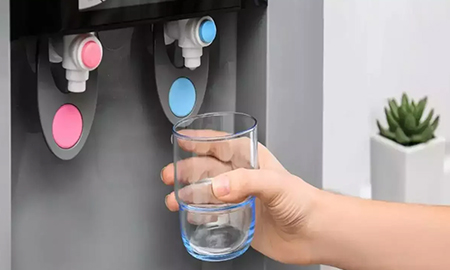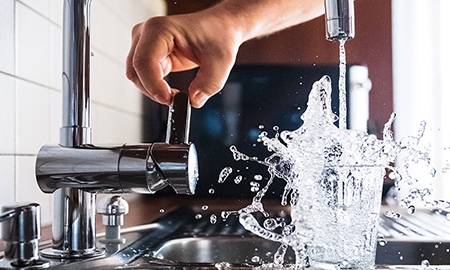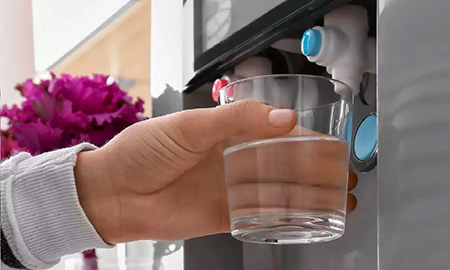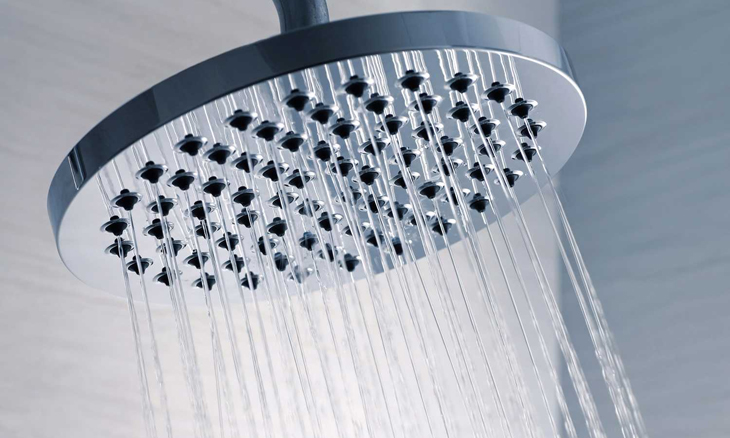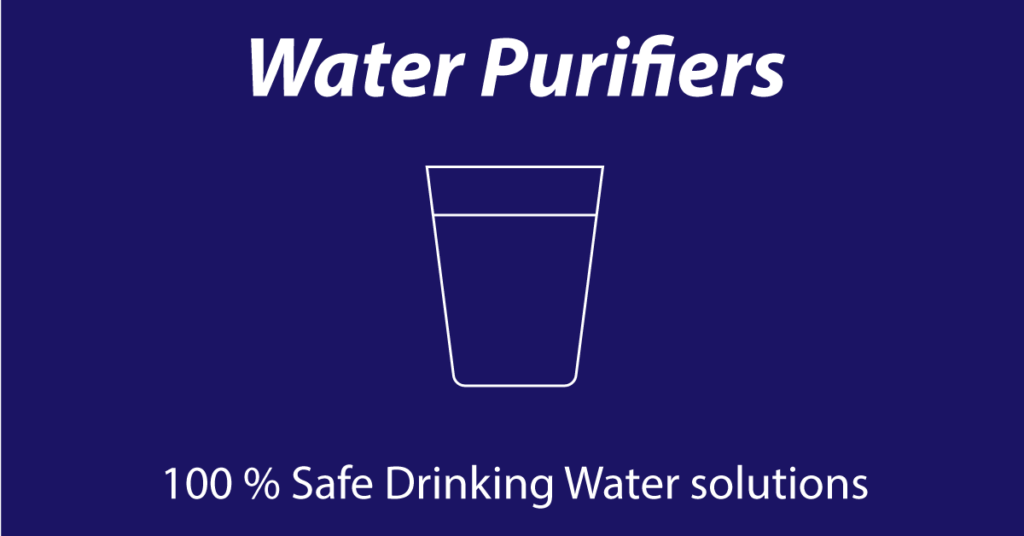
Introducing the ultimate solution to your drinking water woes – our advanced water purifier. With its cutting-edge technology, it effectively removes impurities, contaminants, and harmful bacteria, ensuring that you and your loved ones consume only the purest and safest drinking water. Plus, its sleek and compact design makes it an ideal fit for small homes and offices. Invest in our water purifier today and enjoy refreshing and healthy water every day!
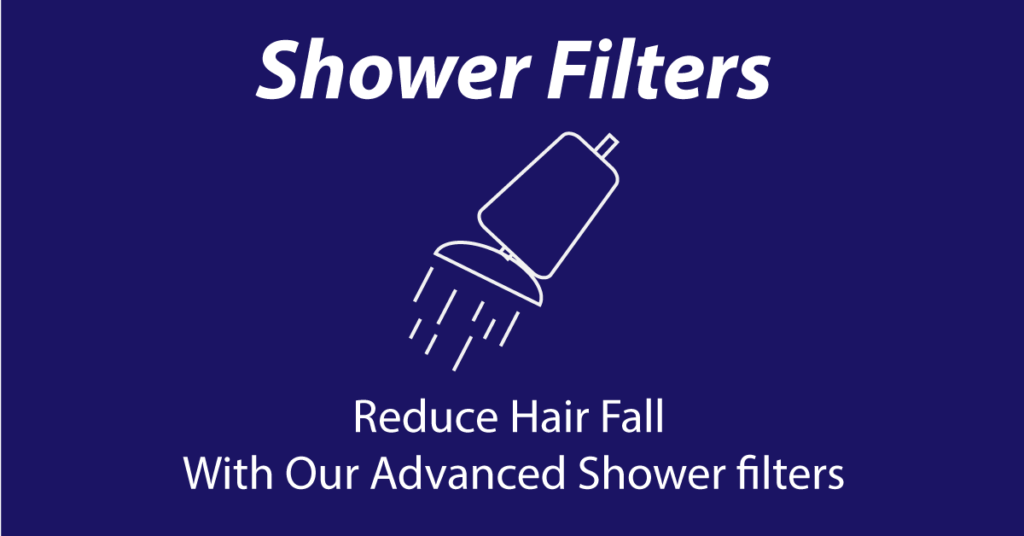
Upgrade your shower experience with our high-quality shower filter! Our shower filter removes harmful chemicals and impurities from your shower water, leaving you with clean and pure water to wash away the day’s stress. Our easy-to-install shower filter is a simple and effective solution to transform your shower into a luxurious spa-like oasis. Treat yourself to a better shower experience and order your shower filter today
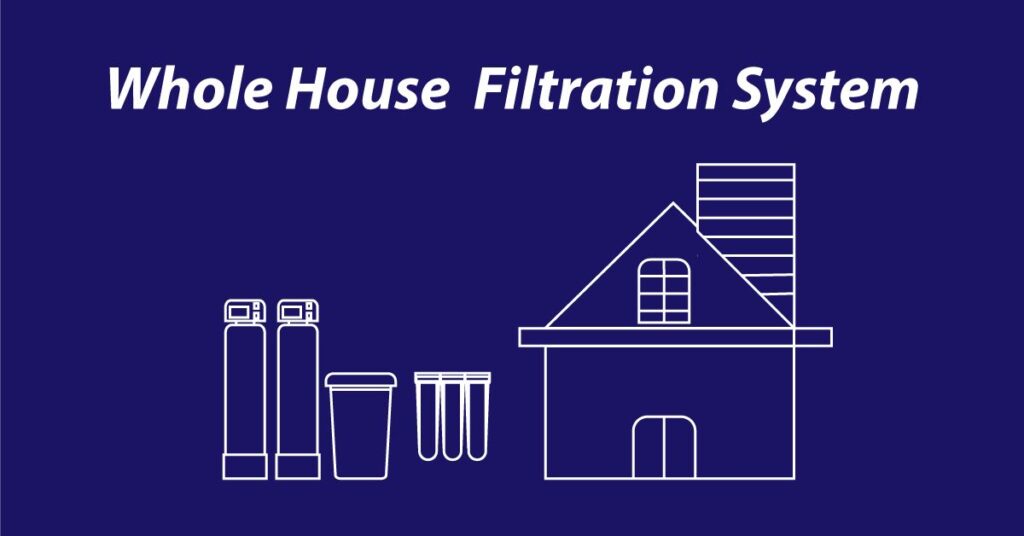
Are you tired of constantly replacing your water filters? Upgrade to a whole house filter and enjoy clean, filtered water throughout your entire home! Our Whole House Filter is designed to remove sediment, chlorine, and other impurities from your water, improving the taste and quality of your drinking water, as well as your showers and baths. Say goodbye to expensive filter replacements and hello to hassle-free, long-lasting filtration
Our Brands

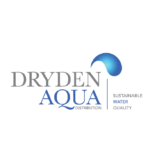


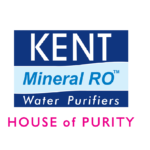
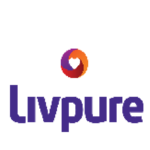
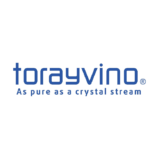
FAQ About Water Purifiers
There are several different types of water purifiers available in the UAE market. Here are some of the most common ones:
Kent water purifiers
Aquaguard water purifiers
LG water purifiers
Coway water purifiers
Livpure water purifiers
Toshiba water purifiers
Milano water purifiers
These brands offer a variety of water purifiers with different types of filtration technologies such as RO, UV, and UF. The specific models and features available may vary by brand and product line.
Choosing the right water purifier for your home can be a daunting task, as there are numerous options available in the market. Here are some factors to consider when selecting a water purifier:
Water Quality: First and foremost, you need to consider the quality of water in your area. Check the TDS (Total Dissolved Solids) level and type of contaminants present in your water supply. Based on the results, you can choose a purifier that can effectively remove those contaminants.
Type of Water Purifier: There are different types of water purifiers available in the market, such as RO (Reverse Osmosis), UV (Ultraviolet), UF (Ultrafiltration), and Gravity-based purifiers. Each of these purifiers uses different technologies to remove impurities from water. Choose a purifier based on your water quality and budget.
Capacity: The capacity of the water purifier depends on the number of people in your household and your daily water consumption. If you have a large family, you may need a purifier with a higher capacity.
Maintenance: Maintenance is an essential factor to consider when selecting a water purifier. RO purifiers require frequent maintenance and filter replacement, whereas UV and gravity-based purifiers require less maintenance.
Budget: Water purifiers come at different price points, and your budget plays a crucial role in selecting the right one for your home. Ensure that you get the best value for your money while considering the other factors mentioned above.
In conclusion, choosing the right water purifier for your home requires careful consideration of your water quality, type of purifier, capacity, maintenance, and budget. It’s always best to do your research, read reviews, and consult with a water purification expert before making a final decision.
The price of a water purifier in UAE can vary widely depending on the type, brand, and features of the purifier. A basic gravity-based water purifier can cost anywhere from AED 150 to AED 500, while a UV water purifier may range from AED 500 to AED 1,500. Reverse Osmosis (RO) water purifiers are generally more expensive, with prices ranging from AED 1,000 to AED 3,000 or more, depending on the capacity and features.
However, these are just estimates, and the actual price can vary based on various factors such as the location of purchase, installation charges, warranty, after-sales service, and more. It is recommended to compare prices and features of different water purifiers from various retailers and brands before making a purchase decision.
Although municipal water supply is treated to meet safety standards, it may still contain impurities such as chemicals, bacteria, viruses, and other harmful contaminants. Therefore, it is still recommended to use a water purifier even if you have a municipal water supply.
A water purifier helps to remove these impurities and provide safe and clean drinking water. It is especially important for people with compromised immune systems, pregnant women, and children to use a water purifier to avoid the risk of water-borne diseases.
Furthermore, even if your municipal water supply meets safety standards, the pipes and storage tanks that the water passes through to reach your home can contaminate the water with bacteria and other impurities. Therefore, using a water purifier is a precautionary measure that ensures the safety and purity of the water you consume.
RO (Reverse Osmosis) and UV (Ultraviolet) water purifiers are two different types of water purifiers that use different technologies to remove impurities from water.
RO water purifiers use a semi-permeable membrane to filter out impurities such as dissolved salts, heavy metals, pesticides, and other contaminants from the water. RO purifiers are particularly effective in areas with hard water or high TDS (Total Dissolved Solids) levels. They are also effective in removing harmful bacteria and viruses from the water. However, RO purifiers also remove essential minerals from the water along with the contaminants, which may not be desirable for some people.
On the other hand, UV water purifiers use ultraviolet light to kill harmful bacteria and viruses in the water. The UV rays penetrate the cell walls of microorganisms, disrupting their DNA, and rendering them unable to reproduce. UV water purifiers do not remove dissolved salts or other impurities from the water. They are most effective in areas where the water is microbiologically contaminated, but the TDS levels are not very high.
In summary, the main difference between RO and UV water purifiers is the technology used to remove impurities from the water. RO purifiers remove a wide range of impurities, including dissolved salts and heavy metals, while UV purifiers are mainly designed to kill bacteria and viruses. The choice between RO and UV purifiers depends on the quality of water in your area and the specific impurities you want to remove from the water.
Yes, shower filters can help with dry skin and hair. Chlorine, which is commonly found in municipal water supplies, can strip the natural oils from your skin and hair, leaving them dry and itchy. Shower filters are designed to remove chlorine and other impurities from the water, which can help to reduce dryness and irritation.
Some shower filters are also designed to remove hard water minerals, such as calcium and magnesium, which can cause buildup on your skin and hair and make them feel dry and rough. By removing these minerals, shower filters can help to make your skin and hair feel softer and smoother.
In addition to reducing dryness and irritation, shower filters can also help to improve the overall quality of your shower water by removing impurities such as sediment, rust, and odors. This can make your shower water feel cleaner and more refreshing, which can enhance your showering experience.
Overall, if you experience dry skin and hair, a shower filter may be a worthwhile investment to help improve the quality of your shower water and alleviate these issues.
There are several whole house filtration systems available in UAE that can help to provide clean and safe water for your entire home. Some of the most popular options include:
Reverse Osmosis (RO) whole house systems: These systems use a semi-permeable membrane to filter out impurities such as dissolved salts, heavy metals, and other contaminants from the water. RO systems are particularly effective in areas with hard water or high TDS (Total Dissolved Solids) levels.
Ultraviolet (UV) whole house systems: These systems use ultraviolet light to kill harmful bacteria and viruses in the water. The UV rays penetrate the cell walls of microorganisms, disrupting their DNA, and rendering them unable to reproduce. UV systems are most effective in areas where the water is microbiologically contaminated, but the TDS levels are not very high.
Activated Carbon whole house systems: These systems use activated carbon to remove impurities such as chlorine, sediment, and odors from the water. Activated carbon filters can improve the taste and smell of your water while also removing certain chemicals and contaminants.
Water Softening whole house systems: These systems use ion exchange technology to remove hard water minerals, such as calcium and magnesium, from the water. Softening systems can help to prevent scaling and buildup on your plumbing fixtures and appliances, and can also make your water feel softer and smoother.
Multi-stage filtration whole house systems: These systems use a combination of different filtration technologies to provide comprehensive water treatment. They typically include a pre-filter to remove sediment and larger particles, followed by one or more stages of filtration to remove other impurities.
These are just a few of the whole house filtration systems available in UAE. The best system for your home will depend on the quality of your water, your specific water treatment needs, and your budget. It is recommended to consult with a water treatment specialist to determine the most appropriate system for your home.
The ideal pH for drinking water is generally considered to be between 6.5 and 8.5, although the World Health Organization (WHO) has stated that pH values between 6.5 and 9.5 are acceptable for drinking water.
Water with a pH below 6.5 is considered acidic and may have a sour taste, while water with a pH above 8.5 is considered alkaline. While drinking water with slightly acidic or alkaline pH values is generally safe for consumption, extreme values may affect the taste, appearance, and quality of the water.
It’s worth noting that the pH level of water can vary depending on its source and the treatment processes it undergoes. Municipal water supplies typically have a pH between 7 and 8.5, which is within the acceptable range for drinking water. However, private wells or other untreated sources may have a pH outside of the recommended range, and it may be necessary to treat the water to bring its pH level within the ideal range.
Alkaline water is water that has a higher pH level than regular tap water. Some proponents of alkaline water claim that it has several health benefits, but there is limited scientific evidence to support these claims. Here are some of the proposed advantages of alkaline water:
Neutralizes acid in the body: Some people believe that consuming alkaline water can help neutralize the acid in the body and reduce the risk of certain health problems associated with an acidic diet, such as acid reflux and osteoporosis. However, there is no scientific evidence to support these claims.
Better hydration: Some people claim that alkaline water is more hydrating than regular water because it has smaller clusters of water molecules that are more easily absorbed by the body. However, there is limited scientific evidence to support this claim.
Antioxidant properties: Some studies have suggested that alkaline water may have antioxidant properties that can help protect the body against oxidative stress and free radicals. However, more research is needed to confirm these findings.
Improved digestion: Some people claim that drinking alkaline water can help improve digestion and reduce symptoms of acid reflux and heartburn. However, there is no scientific evidence to support this claim.
The ideal TDS (Total Dissolved Solids) level for drinking water varies depending on the source of the water and the local standards and regulations. However, as a general guideline, the World Health Organization (WHO) recommends that the TDS level of drinking water should be less than 600 mg/L (milligrams per liter) for optimal taste and acceptance.
However, it’s important to note that TDS alone does not indicate the safety or quality of drinking water. TDS is a measure of the total amount of dissolved minerals and salts in water, including both beneficial and harmful substances. Therefore, it is important to consider other factors such as the presence of harmful bacteria, viruses, and chemicals when evaluating the safety of drinking water.
In summary, while a TDS level of less than 600 mg/L is recommended for drinking water, it is important to ensure that the water is also free from harmful contaminants and meets local standards and regulations.
Read Our Blog
Latest News
Know more about alkaline filter
Do you want to take your hydration game to the next level? Then it’s time to consider an…
- April 24, 2021
- by Aquaguard.
HOW TO CHOOSE A BETTER WHOLE HOSE FILTRATION SYSTEM
Water is an essential element for life, and it is crucial to ensure that the water we consume…
- November 13, 2023
- by Aquaguard.
HOW TO CHOOSE A BETTER WATER PURIFIER
Water is one of the essential elements for life, and it is crucial to ensure that the water…
- November 9, 2023
- by Aquaguard.
HOW USEFUL A SHOWER FILTER IN UAE
Showering is an essential part of our daily routine, and we rely on the water to clean our…
- November 29, 2021
- by Aquaguard.


